Is the 'free' iPhone 14 Pro from Verizon on Black Friday really free?
That free iPhone isn't freedom
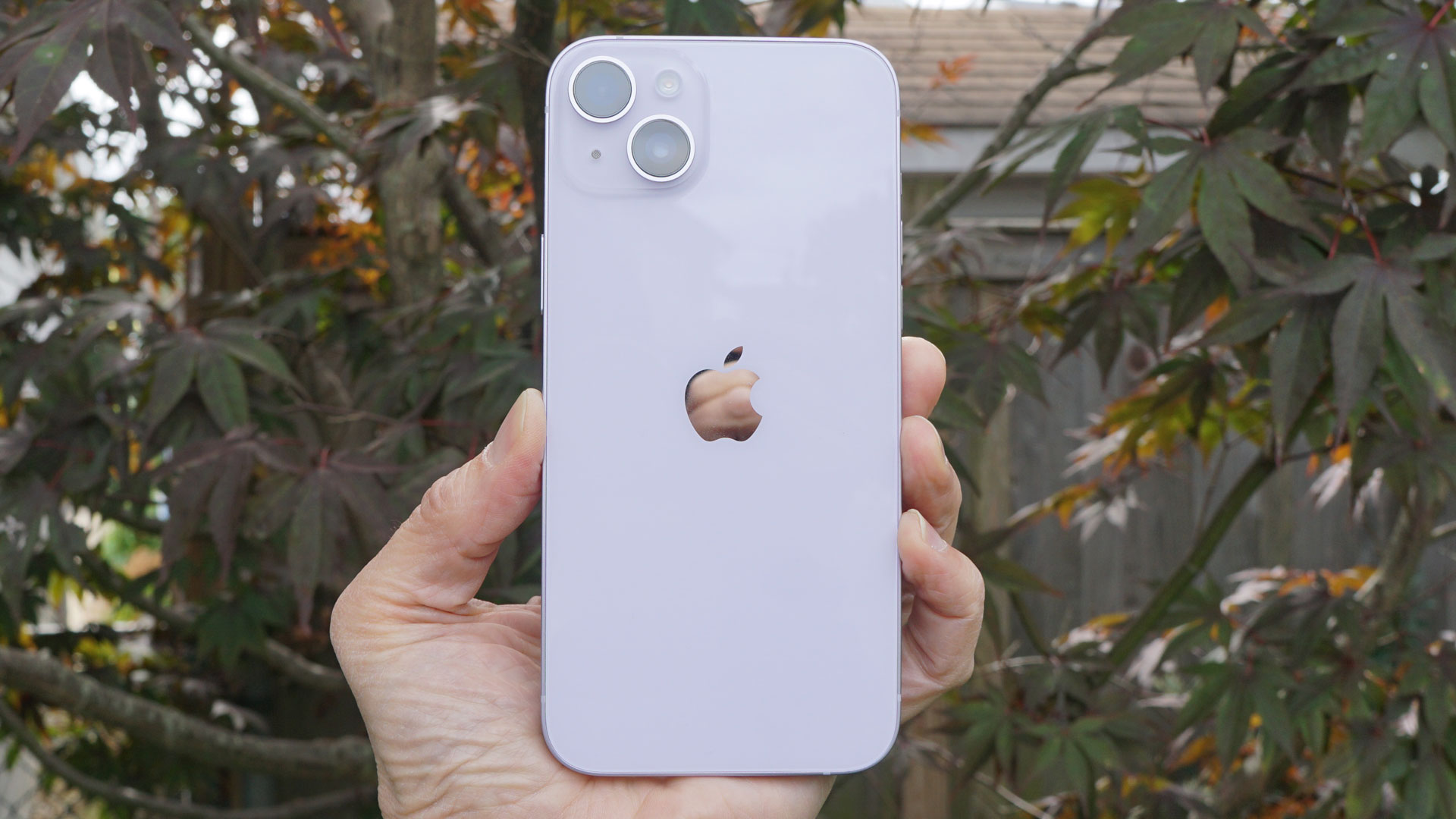
The best Black Friday deals on phones, and often the best smartphone deal all year, will usually be an offer for a free phone when you sign a contract agreement with a mobile network like Verizon or T-Mobile. While you might save a few hundred on a phone from a major retailer, your mobile network provider has deals that can get you the best iPhones or the best Samsung phones for free. Of course, there’s a catch.
Right now, you can get an iPhone 14 Pro or a Samsung Galaxy Z Flip 4 for ‘free’ from Verizon. On T-Mobile and AT&T you can get an iPhone 14 with a similar contract. First, you’ll need to sign a long-term agreement. Usually, that’s 24 months, but we’re seeing that stretch into three years on Verizon.
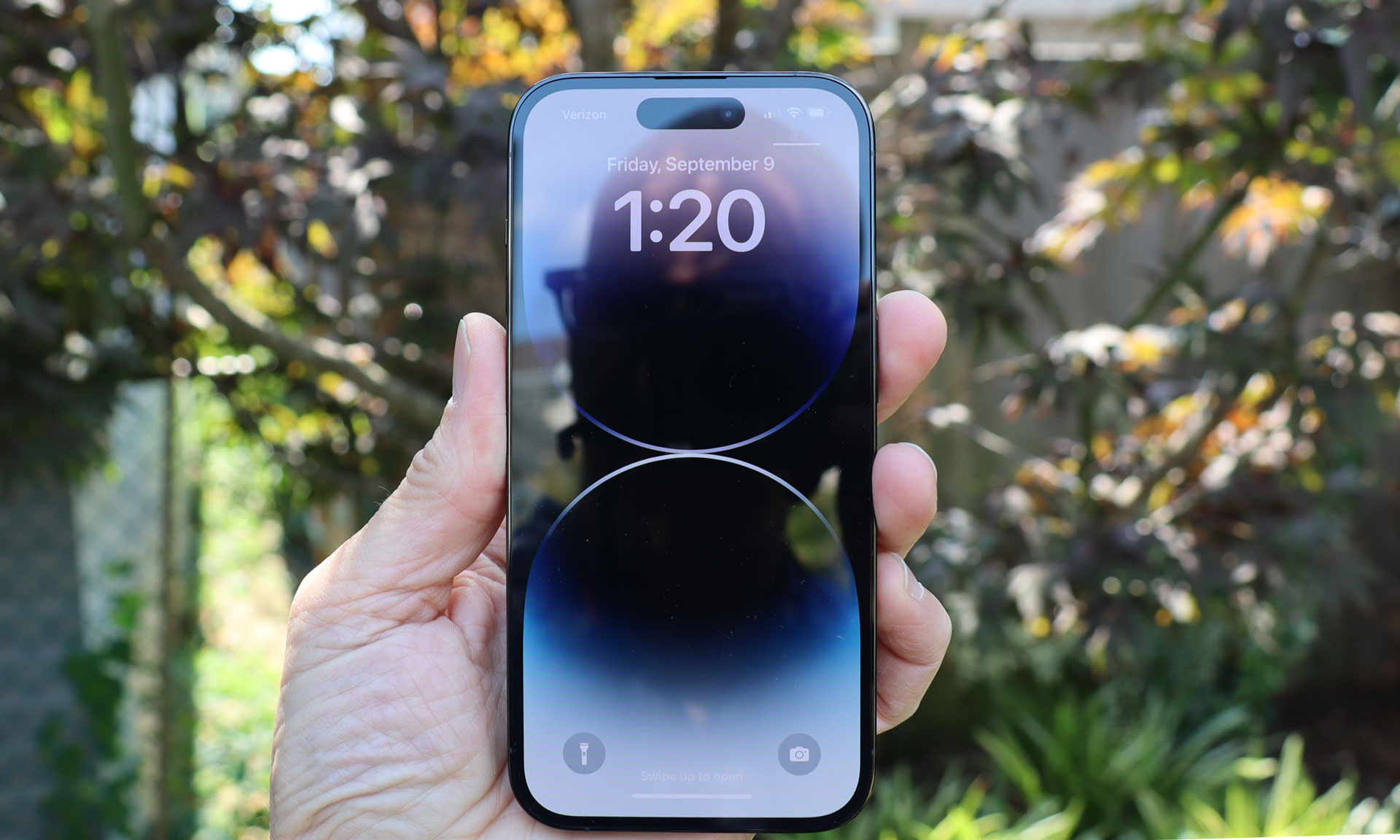
Verizon may give you $1200 off your new iPhone 14 Pro, but they don’t give it to you all at once. You sign an agreement to pay for the phone over 36 installments, and as long as you are a Verizon customer, they pay your installment every month. If you remain a customer for 12 months and then leave, you owe them 24 months of payments for the phone you bought a year ago.
In other words, you thought you were getting a free phone, but since you left early, you only got a third of the discount you expected. That’s still a great discount on a flagship smartphone, but if you weren’t expecting to be stuck with a large bill all at once, it won’t seem so great.
You can't get a free iPhone with a bargain phone plan
We’re using Verizon as an example, but every major carrier offers a similar deal. If you want a free iPhone 14 Pro on Verizon, you don’t just need to sign a contract. You need to sign up for one of the most expensive phone plans Verizon offers.
We’re not just talking 5G. We’re talking about 5G ultra-wideband, the mmWave service that pretty much only works in stadiums and some large airports. If you want a free iPhone 14 Pro, you’re paying for that.
You’ll get unlimited data, but only 50GB on the premium 5G network. Then your speed will be throttled. That’s a ton of data, but you could burn through it quickly if you watch a few seasons on Netflix while on vacation. You’re also required to pay for 25GB of hotspot service, whether you’ll use that feature or not.
Get daily insight, inspiration and deals in your inbox
Sign up for breaking news, reviews, opinion, top tech deals, and more.
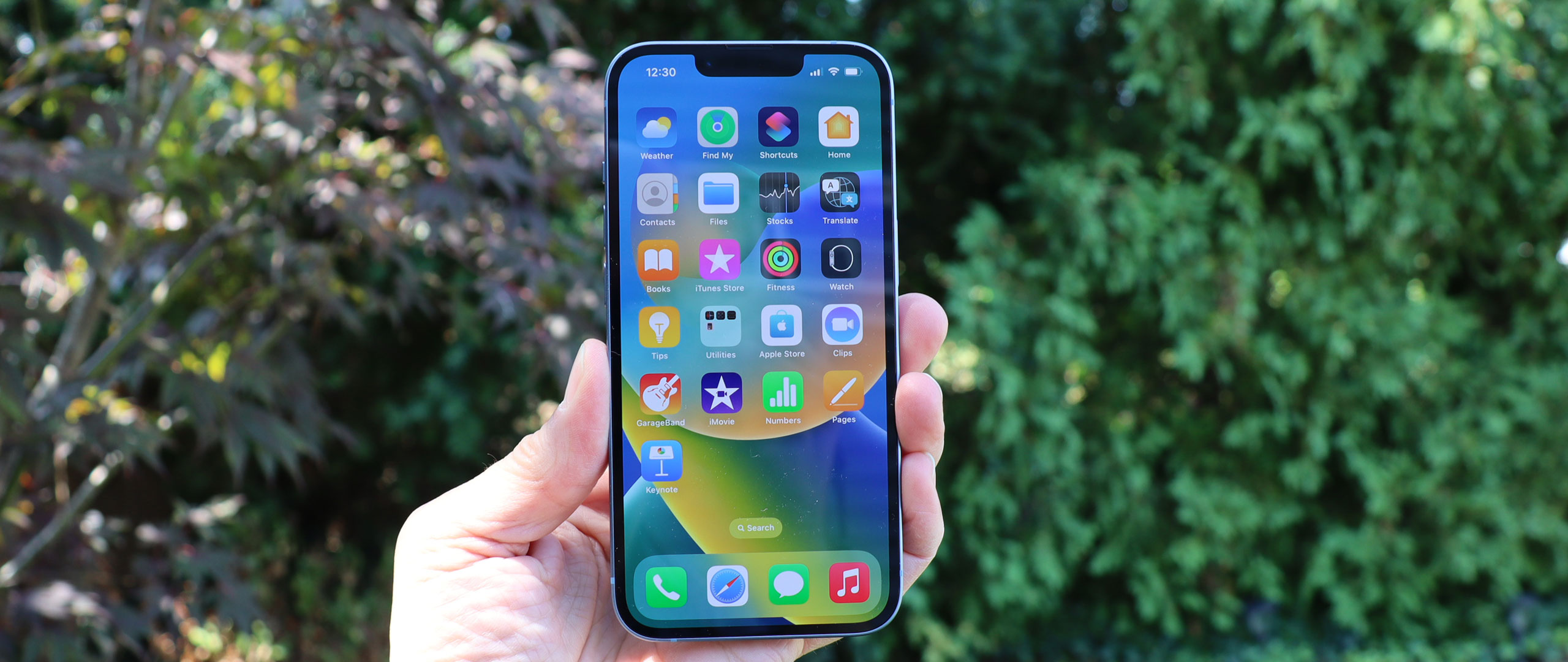
Wait, there’s more. You also get the Disney / Hulu / ESPN+ streaming services as a ‘benefit’ of your mobile network plan. You can skip those services and give Verizon the same monthly fee, and then The Network will give you 50% off a watch or tablet, or other similar discounts. We like Disney and Hulu for streaming, but this is getting a bit complicated.
All of the items on this menu together will run you $80 per month on Verizon in the US, and that is the lowest price for a plan that gives you a free iPhone 14 Pro. You can find a $70 plan that cuts out most of the benefits but gives you a much smaller discount on the iPhone.
If you choose that $70 plan, you’ll need to pay monthly for the iPhone. Your monthly payments will be more expensive overall than if you opted for the more expensive monthly service when you add the iPhone price to the monthly fees.
You need to trade something good
If you don’t have a phone to trade, you aren’t getting a phone for free. When Verizon or T-Mobile says it will give you an iPhone for free, that calculation involves giving you enough value for the phone you trade in that your trade pays for your new iPhone. On T-Mobile, we were offered $800 if we traded in an old iPhone 11 Pro Max. That would pay for a new iPhone 14.
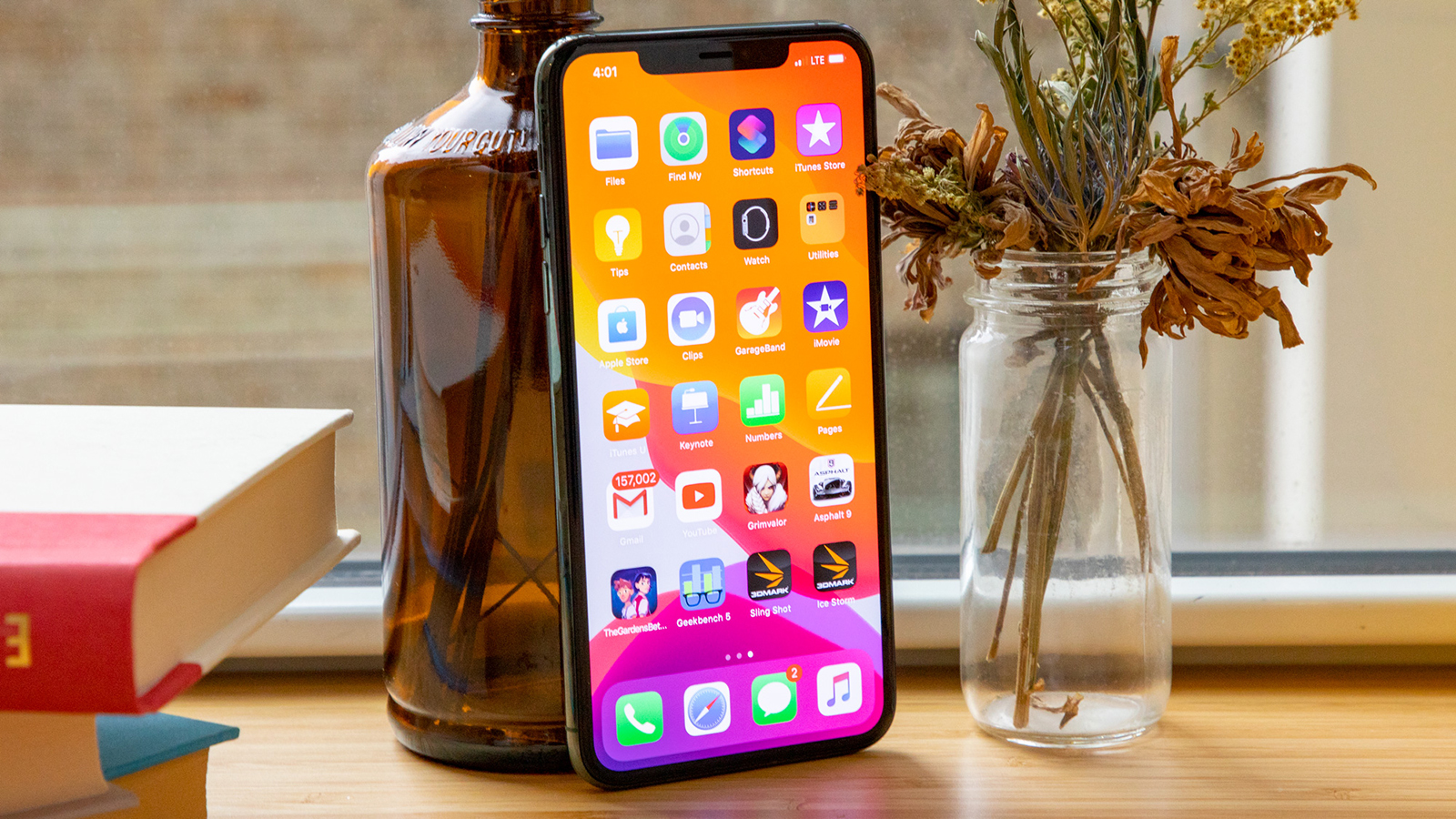
On Verizon, we were offered $1,000 for the same phone, plus $200 in bonus credit for buying an iPhone 14 Pro. Thus, the same trade would pay for a nicer phone. Verizon was also willing to take a broken phone, while T-Mobile cut the value of a broken trade down to under $200.
During a deal season like Black Friday or around a new phone launch, carriers will offer more value for trades, and will often accept broken trades for more than they are worth. This entices you to sign a long-term contract, which is really what your mobile network wants from you.
Will you want to leave your mobile network early?
Statistically speaking, signing a mobile contract is a good bet. We rarely change network providers, so we should earn benefits from our commitment. Verizon reports an average churn rate of just over 1%, which means only 1% of its customers quit every month and go somewhere else. Other networks report similar loyalty.
Since you’ve bundled Disney+ with your phone plan, you can’t cut costs by eliminating a streaming service from your diet
That said, there are factors that make us rethink our network decisions, especially in the case of Verizon. That Verizon monthly plan is very expensive. We are in the midst of a global cost of living crisis, and it is possible that the economy will get worse, not better.
If that happens, we will want to reduce every possible expense. Monthly subscriptions are the first to go. If you sign the ‘free’ iPhone 14 Pro deal at Verizon, there is a huge penalty for leaving. Since you’ve bundled Disney+ with your phone plan, you can’t cut costs by eliminating a streaming service from your diet.
Why does it have to feel so sketchy?
These ‘free’ phones are legitimately good deals if you understand and accept the terms. Even with the high monthly contract fee, you are still getting a very expensive phone for free. The Disney streaming package is also a good value, for a $10 add-on to your monthly mobile plan.
Why does it all have to feel so sketchy? From the moment we visit the Verizon website to start the transaction, it feels like we’re being tricked.
On the front page, there is an offer for $30 per month unlimited plans. We’re hopeful for a low monthly cost, but in the tiny text, we read that only a four-line family will qualify. Our cheapest option will be almost three times as much.
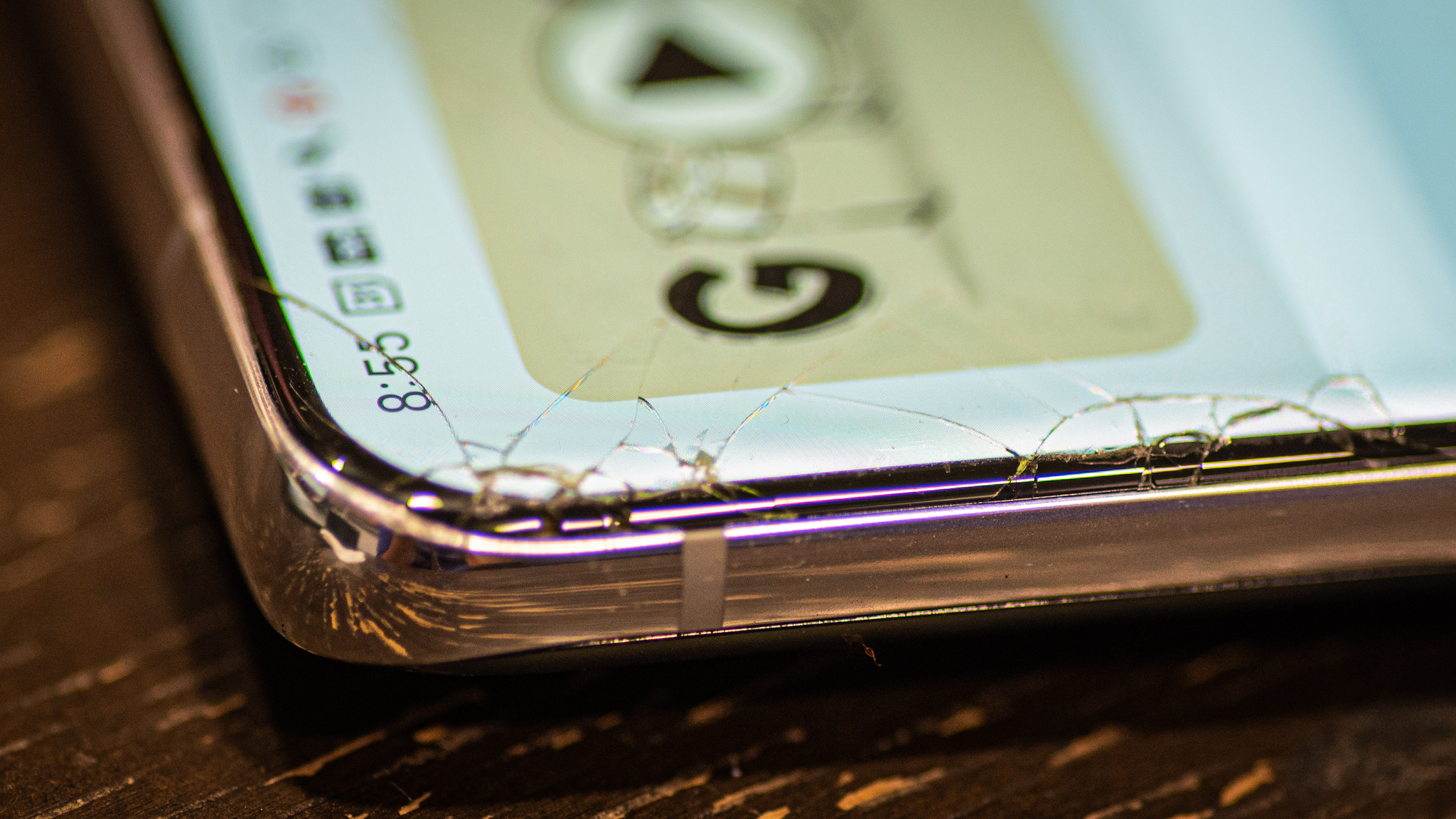
When we choose to trade our old phone, Verizon makes us jump through numerous hoops before we get a value for the device. We’re offered a full $1,000 benefit on older flagship phones like a Galaxy S21 Ultra, or an iPhone 11 Pro Max, which is great. It still feels like the trade value was a secret Verizon didn’t want to tell us.
When it’s time to choose the right plan, we almost lose $500 of our discount by choosing the monthly service with no Disney and no mmWave 5G. The text explaining the different discount is very small, again.
In all, it’s easy to get to the end of the transaction only to be greeted by a price much higher than we expected. It’s easy to make a mistake, and mistakes on Verizon have the unlucky result of a higher monthly bill. The mobile network offers Black Friday deals and ordeals alike.
Bottom line: should I buy a Black Friday phone with a contract
If you haven’t changed your mobile network in years and your financial situation is solid, go for it. You can genuinely get the best smartphones around for free if you are willing to commit to one carrier for two years. Your monthly rate will be higher, but you won’t run out of data and the extra features, like a mobile hotspot on your phone and the Disney streaming package, are quite useful.
If there is any uncertainty ahead, it is better to own your phone and pay a much lower monthly fee. Even if you have to buy an older or a refurbished phone, you can then take that device anywhere. When you already own your phone, mobile networks have to shop for your business, instead of you shopping for free phones.

Phil Berne is a preeminent voice in consumer electronics reviews, starting more than 20 years ago at eTown.com. Phil has written for Engadget, The Verge, PC Mag, Digital Trends, Slashgear, TechRadar, AndroidCentral, and was Editor-in-Chief of the sadly-defunct infoSync. Phil holds an entirely useful M.A. in Cultural Theory from Carnegie Mellon University. He sang in numerous college a cappella groups.
Phil did a stint at Samsung Mobile, leading reviews for the PR team and writing crisis communications until he left in 2017. He worked at an Apple Store near Boston, MA, at the height of iPod popularity. Phil is certified in Google AI Essentials. He has a High School English teaching license (and years of teaching experience) and is a Red Cross certified Lifeguard. His passion is the democratizing power of mobile technology. Before AI came along he was totally sure the next big thing would be something we wear on our faces.